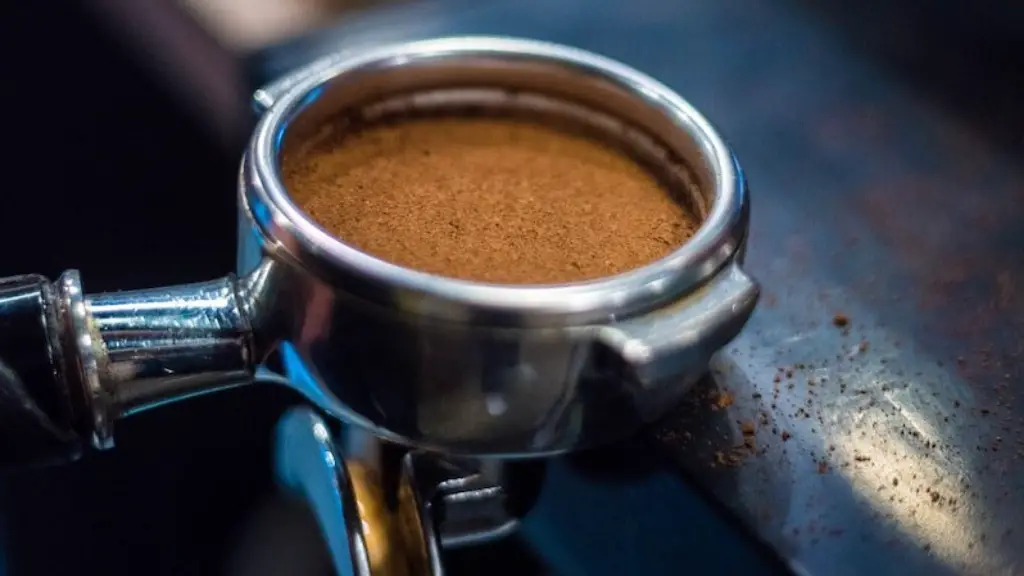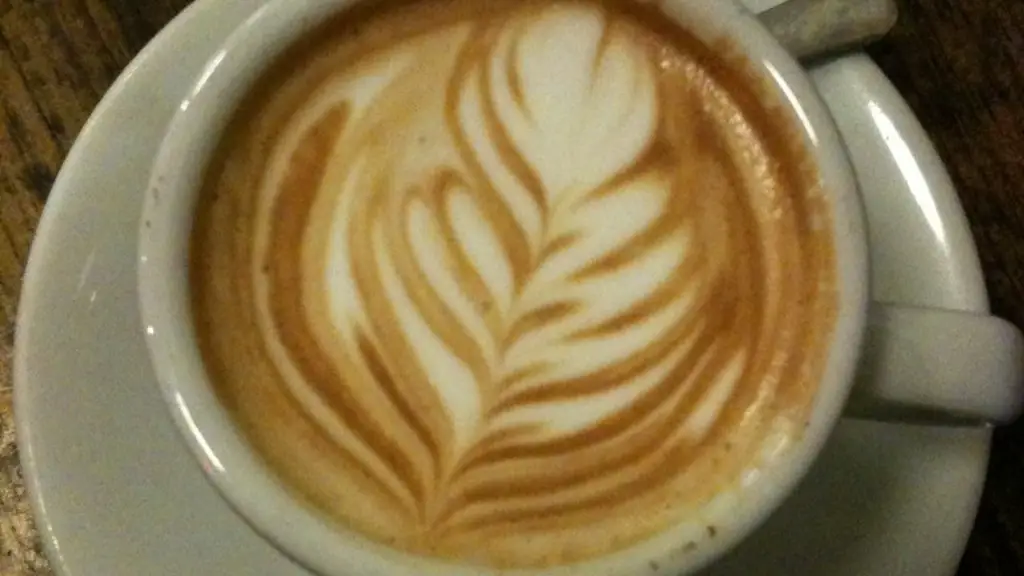Intermittent fasting (IF) has recently become quite popular amongst the health consciousness community. While many diets and food trends focus on what to eat, IF is focused on when to eat. Simply put, intermittent fasting involves eating all meals and snacks within a certain window of time each day. In this particular plan, the fasting window lasts 16-18 hours while the feasting window is just 8-10 hours. Research suggests that intermittent fasting can provide multiple health benefits, but many people are wondering if they can still drink coffee while following this plan. The answer to that question is not as straightforward as one may think.
According to the experts, intermittent fasting does not actually restrict what kind of food and drinks should be consumed. It only says when one should consume them. So, technically speaking, yes, one can drink coffee during theintermittent fasting time. But, considering the potential effects of caffeine, the option of having coffee while fasting should be handled carefully. The nature of IF is to alternate between times of fasting and eating, and certain components of coffee can affect this process. Caffeine, for example, can raise insulin levels and encourage the body to store more fat.
One of the benefits of intermittent fasting is that it helps to regulate the hormonesresponsible for controlling hunger. This can help reduce fat storage and encourage weight loss. Caffeine has been proven to suppress the hunger hormone, ghrelin, which ultimately interferes with these beneficial effects. So, it is recommended to delay the consumption of coffee or swap it for decaf tea or herbal tea, if one finds themselves getting the munchies partway through the fast.
Another factor that makes it complicated when it comes to coffee consumption is that not all coffee drinks are the same. For example, a cup of black coffee with no additives has a low amount of calories, but traditional coffee beverages like lattes, cappuccinos, and mochas contain addedcalories. So, when it comes to coffee consumption while following intermittent fasting, the important thing is to pay attention to the calories. If Starbucks’ “VentiCaramel Macchiato” has 500 calories, then it doesn’t fit in the fasting window.
All in all, while intermittent fasting is all about when to eat, drinking coffee while following this plan can still be beneficial — if the drinker pays attention to the type and the contents of their coffee drinks. Meanwhile, regular black and green teas can be helpful as long as the drinks don’t have added sugars, as sugars can kick-start the digestion process and break the fast.
Beverages to avoid during Intermittent Fasting
Beverages such as energy and sports drinks, soda, or shakes can kick-start the digestion process, disrupting the effect of fasting. These drinks contain, or are made with, synthetic sweeteners that can increase blood sugar levels and ultimately, break the fast.
Effect of Caffeine on Metabolism
Studies reveal that caffeine can also significantly affect one’s metabolism — both positively and negatively — depending on how much was consumed, when it was consumed, and in what form it was consumed. So, if someone is drinking coffee while intermittent fasting, they should be aware of how much caffeine they are consuming, and how this may affect the process of their fasting.
Does Coffee Break Your Fast?
The simple answer to that question is; it depends. While it is possible to drink coffee while fasting with intermittent fasting, one should take into consideration the type of coffee, calorie count, acids, and other components of the coffee that may interfere with the process of fasting. So, it is recommended to opt for low-calorie, low-acid, and low-caffeinecoffee drinks like black coffee, green tea, herbal teas, and decaffeinated teas.
Preventing Caffeine Withdrawal Symptoms
It is also important to remember that coffee consumption can also lead to withdrawal symptoms if it isn’t consumed properly. So, if one is drinking coffee while on an intermittent fasting plan, it is best to moderate consumption during the eating window, and avoid total deprivation while fasting. This isn’t just to help prevent withdrawal symptoms, but also to ensure that the body is still receiving nutrients and calories.


